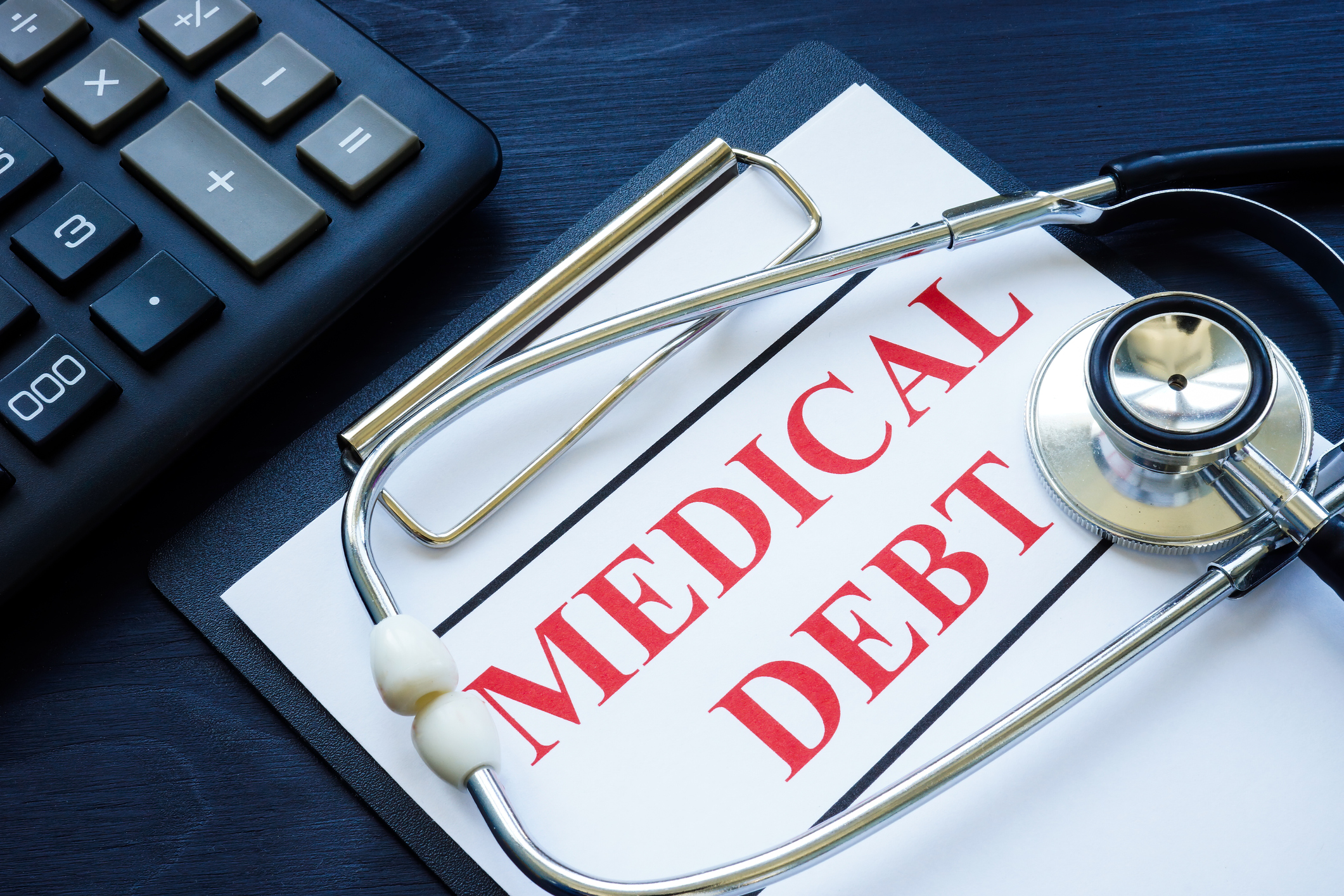
Medical Debt
In the United States, medical debt is the number one reason people declare personal bankruptcies. Even people with health insurance can quickly find themselves overwhelmed by debt if they face a serious injury or illness. In addition to draining savings, this medical debt can ruin your credit score. While we do not have a way to completely eliminate medical debt, we do have some steps you can take to manage that debt.
Do Not Avoid Bills
If you have been struggling with an injury or illness, it can be tempting to ignore bills as you receive them. After all, you may receive multiple bills for the same procedure since providers bill separately. In addition, you may have heard to ignore the first few bills as your insurance and the provider determine what your coverage will be. While you may want to wait to pay the bill, you should be opening and filing your bills.
Check for Double Billing
Many times, the provider will bill you before getting paid by your insurance company. In fact, if you have an expensive procedure or treatment, you may get bills from multiple providers because the services have occurred before you hit or paid your deductible or out-of-pocket max. Take the time to go over the bills with your insurance company. You should be able to access what bills your insurer has paid online. If the bill has been paid, copy proof of that payment. You may need it to show a creditor that you do not, in fact, owe them money.
Contact Creditors Before They Turn You Over to Collections
Most medical creditors do not report you to the credit bureaus. Instead, if you seem to be a no pay, they turn your debt over to a debt collection agency. Those agencies will report you to the credit bureaus. They also have less ability to reduce or eliminate what you owe.
Contact your medical creditors to see if you can negotiate lower amounts due. Many providers have a cushion with insured patients and may be willing to waive deductibles as long as they have received some type of payment. Let them know your financial situation and ask if the bill is negotiable. Not all providers will agree to reduce what you owe them, but many will.
Review Your Credit and Report Errors
Check your credit regularly. If any medical debt is erroneously reported, challenge the report. Remember, the creditor is the one who has to demonstrate that the bill is actually owed.
